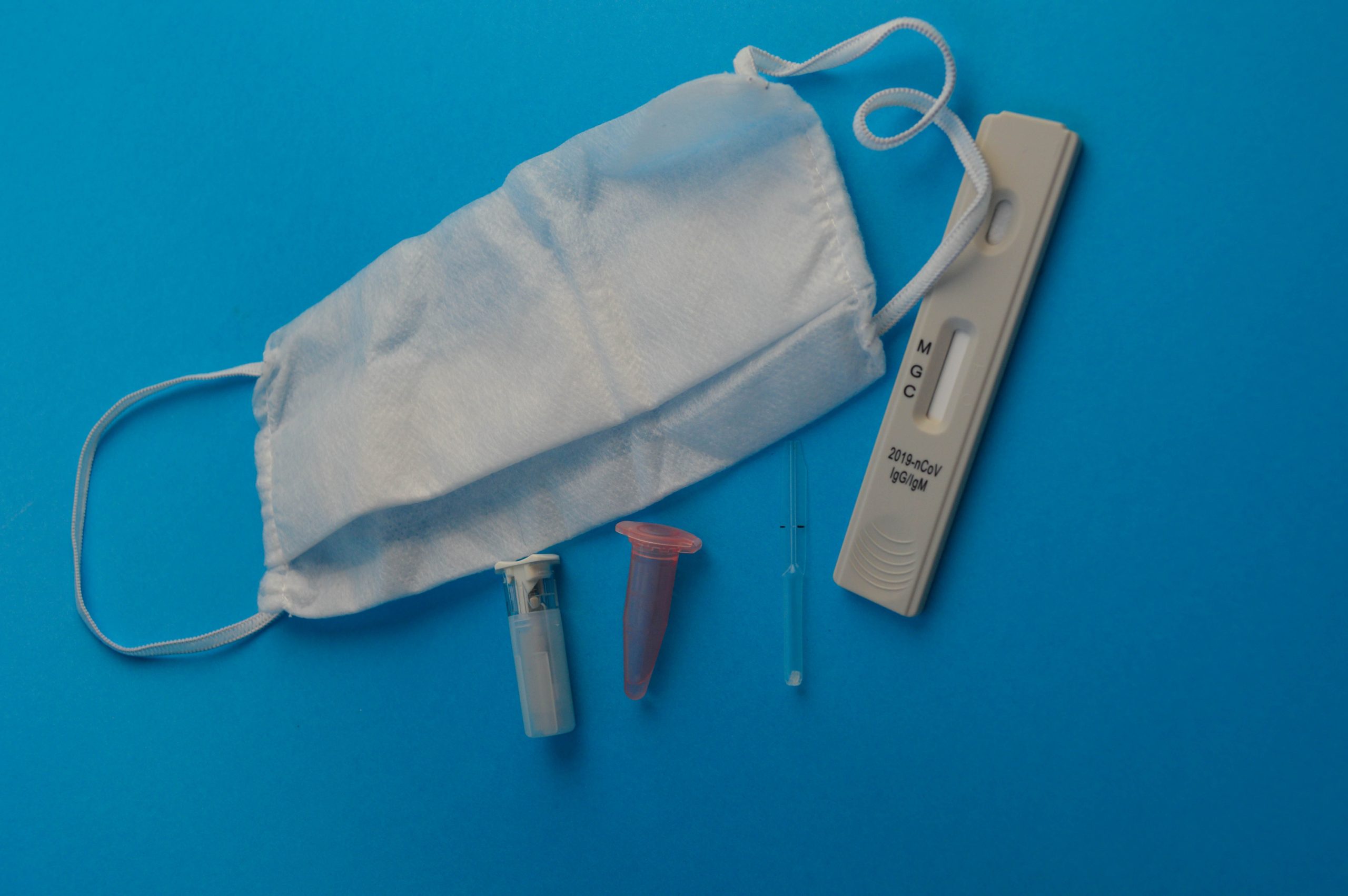Schools are advised to implement only evidence-based indoor air quality improvements

Many are looking forward to the return of full time in-person learning for the 2021-2022 academic year. With sound evidence that airborne aerosols can transmit coronavirus, the World Health Organization (WHO) says surface cleaning and hand sanitizing do not offer enough protection in indoor spaces. So, the improvement of Indoor Air Quality (IAQ) to mitigate airborne infection in our schools is of utmost concern. To make the return safe, schools are being challenged to make health-based improvements to their buildings.
The state of our school buildings
In April 2021 The Lancet’s COVID-19 Commission published a paper offering control strategies and warnings for schools looking to improve their building’s ventilation and air cleaning.
According to the paper, school buildings “are chronically under ventilated.” The Commission reports most school buildings do not even meet the minimum standards set by the American Society of Heating, Refrigeration and Air-Conditioning Engineers (ASHRAE). Poor ventilation combined with crowded indoor spaces and aerosol-generating activities (speaking, singing, aerobic exercise) can magnify airborne virus transmission.
The benefits of improving IAQ go beyond disease mitigation. The Commission says improved IAQ also promotes health and academic performance. For instance, indoor allergens often found in schools can trigger asthma. Childhood asthma is a chronic childhood disease; almost 9% of children in the US suffer from it. According to the American Lung Association, asthma is one of the leading causes of school absenteeism, which impacts academic performance.
Control Strategies
While there is a formidable concern regarding improving our schools’ IAQ, the Committee underscores that, “healthy school building interventions for airborne infectious diseases must be evidence-based.”
- To provide schools with guidance, they recommend five control strategies:
- Commission buildings and examine existing ventilation systems.
- Ventilate with clean outdoor air.
- Improve the building’s air cleaning efficiency through evidence-based air cleaning treatment such as filtration.
- If the ability to upgrade ventilation and air cleaning is limited, use portable air cleaners with high-efficiency particulate air (HEPA) filtration.
- Consider other evidence-based air cleaning approaches in the context of existing strategies.
Implementing a building-wide solution can be problematic for many schools that have ageing ventilation systems and lack the funding for comprehensive system overhauls. Under these circumstances, the Committee recommends portable air cleaners with HEPA filtration.
HEPA filtration
It is good news for schools that portable air cleaners with HEPA filtration meet the Committee’s guidelines. They are easy to use and economical.
Others, like The Centers for Disease Control and Prevention also support the use of portable air cleaners with HEPA filtration to reduce the number of indoor airborne infectious particles.
To assist decision makers grappling with air purification, the Environmental and Modelling Group (EMG) for Scientific Advisory Group for Emergencies (SAGE) tested a variety of portable air-purifying technologies. They too found this technology could be effective. The benefits varied according to the underlying technology, design, location, and maintenance of the device.
The SAGE report specifically found that HEPA filter devices could remove the size particle responsible for coronavirus. In addition, this high-efficiency system poses low risks, has no emissions, and is safe to use.
They also determined that enclosed germicidal UVC technology provides additional effectiveness, as it inactivates microorganisms by damaging their RNA/DNA. So, portable air purifiers using a combination of HEPA filtration and germicidal UVC light can capture and destroy airborne infectious particles making the system especially effective.
In evaluating individual models, SAGE advises individuals to ask the manufacturer for test data to substantiate the efficacy and safety of their particular system.
Warnings
While The Lancet’s COVID-19 Commission paper leaves room for schools to consider other air-cleaning approaches, they issue a warning regarding systems whose manufacturer cannot provide evidence-based scientific proof of their efficacy.
The report advises against the use of “bipolar ionization, plasma systems, portable air cleaners with ionizers or UV, hydrogen peroxide, or photocatalytic oxidation.” They also urge schools to avoid foggers and electrostatic sprayers.
They reason that these strategies “are generally considered less scientifically defensible due to their often unproven efficacies and due to their potential for degrading the air through the generation of harmful secondary pollutants.”
Dr. Marwa Zaatari, esteemed IAQ expert and member of the Board of Directors at the U.S. Green Building Council, has also expressed concern. In an open letter to address the use of electronic air cleaning equipment in buildings, she cautioned schools when selecting air purification devices.
Dr. Zaatari says many schools are “relying on incomplete data and exaggerated claims to make a well-intended, but incorrect decision.” She recommends that schools use proven measures to address IAQ. These “include properly sized and maintained ventilation (mechanical and natural), mechanical filtration (including portable HEPA filter units), and germicidal ultraviolet light systems.”
The SAGE report and the CDC also support the use of HEPA filtration to mitigate viral airborne transmission.
While schools are eager to reopen, experts contend it is paramount that they do so safely. Introducing effective building-level strategies to mitigate airborne infection can offer long-term benefits that reach beyond this pandemic.
